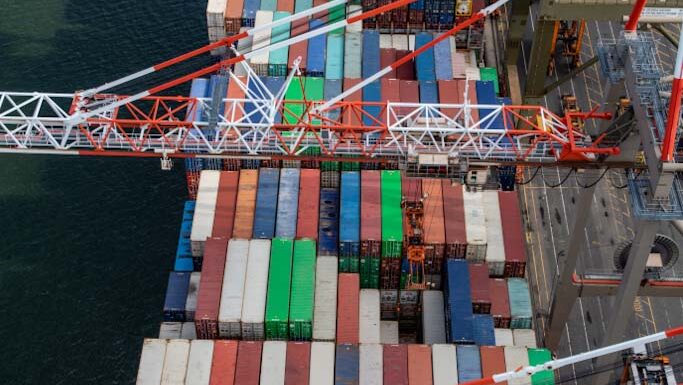Revenue from e-commerce shipments in the freight industry surged by 7% to US$706 billion. Tax specialists warn businesses of increased liability if not managed properly.
Companies in the United States freight industry have seen a record value of e-commerce shipments. Revenue from e-shipments surged to US$706 billion, according to the latest annual data, an increase of 7% compared to the previous year.
The findings bring into focus an industry which is increasingly turning to digital transactions and fulfillment. E-shipments now account for 80.4% of total sales value in the industry. Trends are predicted to continue as part of a sustained transition.
The research, collated by State and Local Tax specialists at Source Advisors, analyzes up to five years of manufacturing industry e-commerce revenue in the USA using the latest available data to highlight the sectors which are capitalizing on e-commerce to fuel growth.
Analyzing state level growth in transport equipment manufacturing, Indiana saw the greatest real term increase in revenue from all activity — a US$12 billion surge. This was an increase of 15% compared to the previous year. The next highest was Texas with a US$9 billion increase in revenue, 16% higher than the previous year, followed by Alabama with a US$3.9 billion increase, which represents a 9% year-on-year increase.
Tax experts warn companies to be aware of increased liability from local tax which follows ecommerce expansion. A common pitfall when selling products online across multiple states.
Chris Vignone, Managing Director at Source Advisors, says: “The benefits in expanding e-commerce operations is clear, and revenue taken from online operations is only likely to increase further. Companies that are expanding their market presence across the USA must be acutely aware of how each sale affects their tax liabilities.”
“Selling products in multiple states means navigating a complex web of local tax regulations, where each state’s rules determine tax obligations. This can lead to significant tax burdens if not managed properly. Companies must invest in robust tax management systems to avoid unnecessary overspending on taxes.”
The data collated by the tax specialists at Source Advisors







